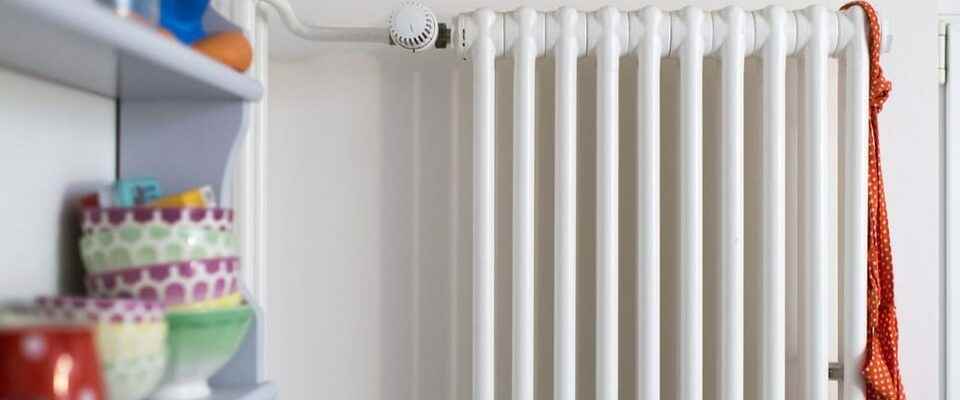contents
The general building cooperative in Lucerne only allows heating to 21 degrees – primarily for ecological reasons.
It should be 21 degrees warm this winter in the apartments of the general building cooperative Lucerne (ABL). This is significantly warmer than the 19 degrees prescribed by the Federal Council in the event of a gas shortage. But it is also significantly cooler than before, says ABL Managing Director Martin Buob. “It will be one or two degrees less warm in certain apartments.”
However: “Not every apartment and every room will have exactly 21 degrees. The temperature will fluctuate between 20 and 22 degrees.” How warm it gets in the apartment depends, among other things, on the age of the property and where the apartment is located. It is warmer in the middle of an apartment building than at the bottom or at the top.
Legend:
Should there actually be a gas shortage this winter, the temperature in houses and apartments that are heated with gas should still be a maximum of 19 degrees – that’s what the federal government wants. Some landlords are already turning down the heating.
Keystone/Christian Beutler
Technically, reducing the room temperature is not difficult, says Buob. However, you have to set the heating curve individually for each heating system. “Our in-house technician reduces the temperature on site.” The tenants would then be able to regulate the temperature using the radiators and wheels on the heating.
If you have radiators in your apartment and want a room temperature of 21 degrees, you have to open the valve on the radiator fully, i.e. set it to 5 instead of 3, as is usually recommended. The cooperative can reduce the room temperature with every degree save six percent heating energy. ABL Managing Director Buob does the math: “With the 21 degrees that we predicted, we save 10 to 15 percent.”
Criticism from the tenants’ association
The Swiss Tenants’ Association takes a critical view of heating less and thus saving gas. Tenants have a right to heated apartments. 19 to 21 degrees is the rule and has been confirmed in several judgments by the Federal Supreme Court, emphasizes the Green Lucerne National Council and Vice President of the Tenants’ Association, Michael Töngi.
In our view, telling people who are ill to only heat up to 19 degrees is unacceptable.
That is why one does not agree, above all, with the savings plans of the federal government. “We find this federal regulation problematic. There are different needs – for example, people who are ill or can no longer leave their homes. From our point of view, it is not possible to tell them to only heat to 19 degrees. »

Legend:
The ABL is the largest non-profit building cooperative in Central Switzerland. It rents out more than 2,000 apartments in 16 settlements, most of them in the city and in the Lucerne agglomeration.
Keystone/Urs Flüeler
On the other hand, Töngi does not fear that landlords will take advantage of the current situation and save costs on the tenants’ shoulders. «The landlords don’t save any money. Because they can pass on the cost of heating.” It is a problem in energy policy that the tenants have to pay for everything in the end. “One could consider making landlords responsible for poorly insulated apartments.”
We believe that 21 degrees is a good place to live. The tenants want to take care of the climate and make their contribution.
Saving costs was not the central argument for the decision to reduce the temperature in the apartments at the general building cooperative in Lucerne, as Martin Buob says. “We are primarily concerned with the climate. We believe that 21 degrees is a good place to live. The reactions of the tenants were as we expected them: They want to take care of the climate and make their contribution.»
It is also a fact that almost 90 percent of the 2,000 or so ABL apartments are heated with fossil fuels, primarily with gas. That is why the cooperative has decided to completely do without fossil fuels in the future. She wants to be CO2-neutral by 2030 and heat her homes with renewable energy. The current situation on the gas market confirms the cooperative in its strategy.
